ABB PP D113 3BHE023784R2030 – Advanced Control Module for Industrial Automation
The ABB PP D113 3BHE023784R2030 module is an advanced process control solution designed to optimize industrial processes, ensuring efficiency, reliability, and precision across various manufacturing sectors.
Detailed content
Model:3BHE023784R2030
Module Type:Drive Module
Power Rating:250 kW
Control Technology:Vector Control
Frequency Range:0.01 Hz to 400 Hz
Voltage Rating:400 V AC
Amperage Rating:400 A
Communication Interfaces:Ethernet, Modbus, Profinet
Inverter Type:Vector Inverter
Operating Temperature:-20°C to +60°C
Cooling Method:Fan-Assisted Cooling
Dimensions (WxHxD):297mm x 35.56mm x 175.26mm
Weight:0.6kg
Innovative Design for Enhanced Performance: The ABB PP D113 3BHE023784R2030 module is engineered with cutting-edge technology to provide unparalleled performance in process control applications. It features a robust, compact design that ensures reliable operation in harsh industrial environments.
Highly Customizable: This module offers extensive customization options, allowing manufacturers to tailor it to their specific process needs. Whether it’s integrating with existing systems or creating a new control architecture, the ABB PP D113 3BHE023784R2030 provides the flexibility to meet diverse requirements.
Efficient Communication Capabilities: With support for multiple communication protocols, including RS485 and Modbus, the module ensures seamless integration with other devices in the factory network. This facilitates real-time data exchange, enhancing operational visibility and control.
Reliable and Durable Construction: Constructed from high-quality materials, the ABB PP D113 3BHE023784R2030 is designed to withstand the rigors of continuous industrial use. Its IP65-rated housing protects against dust and water ingress, ensuring reliability in challenging environments.
Advanced Control Algorithms: Equipped with sophisticated control algorithms like PID and fuzzy logic, this module optimizes process stability and efficiency. These algorithms enable precise control over processes, leading to reduced waste, improved quality, and increased productivity.
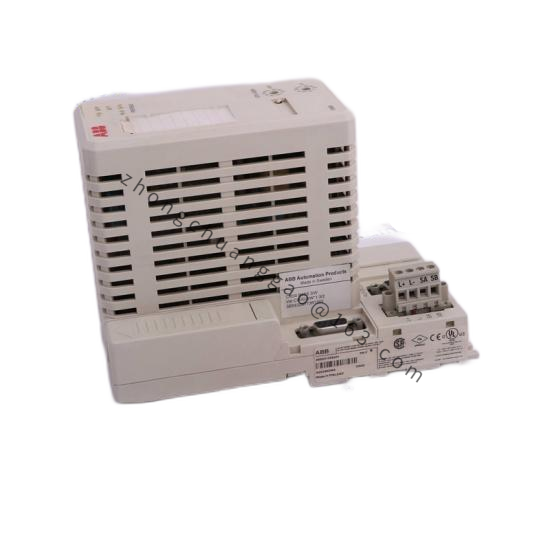

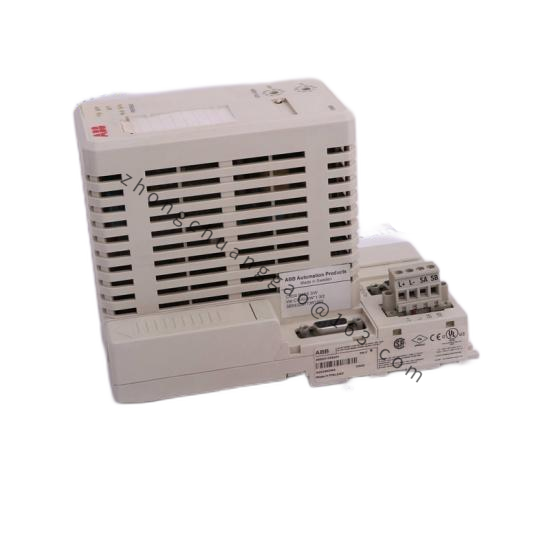
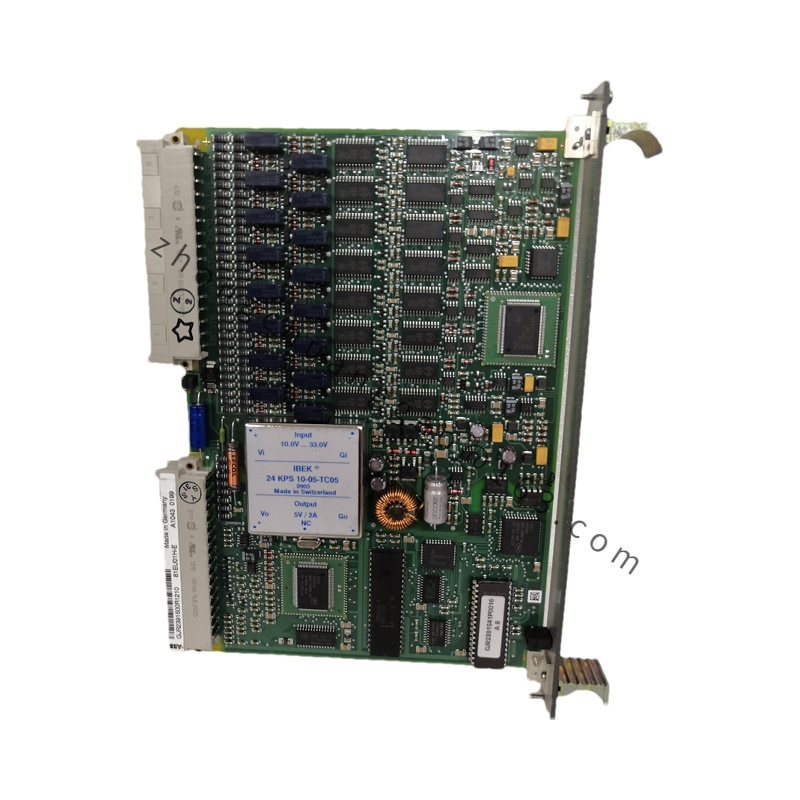
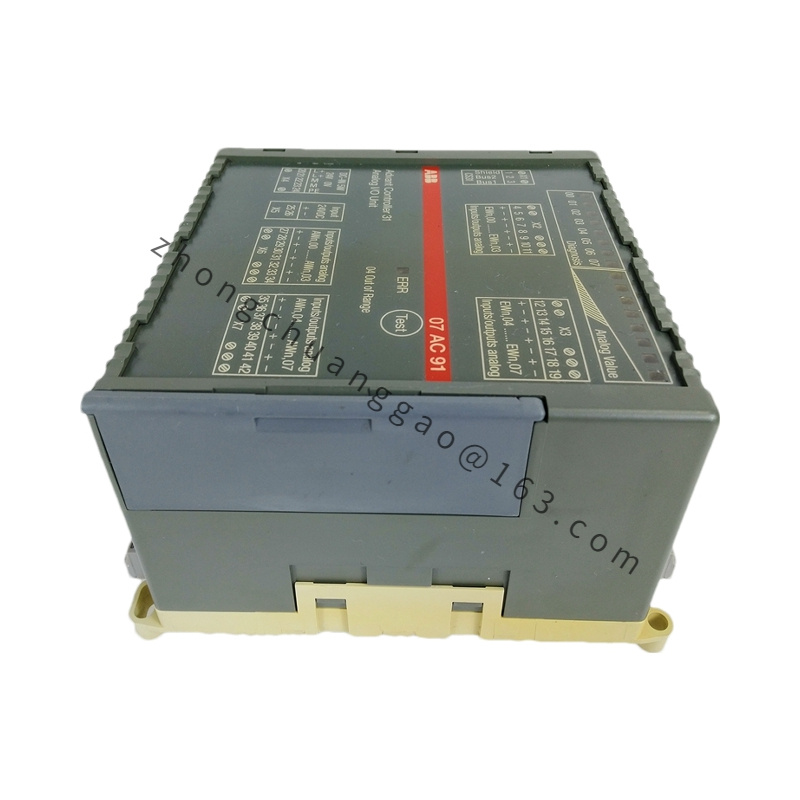
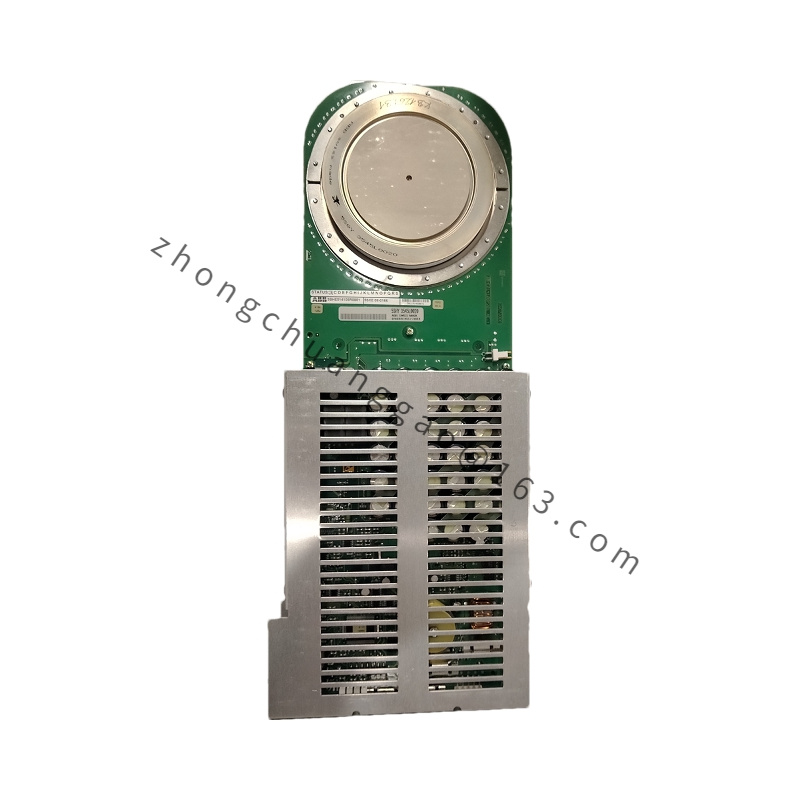
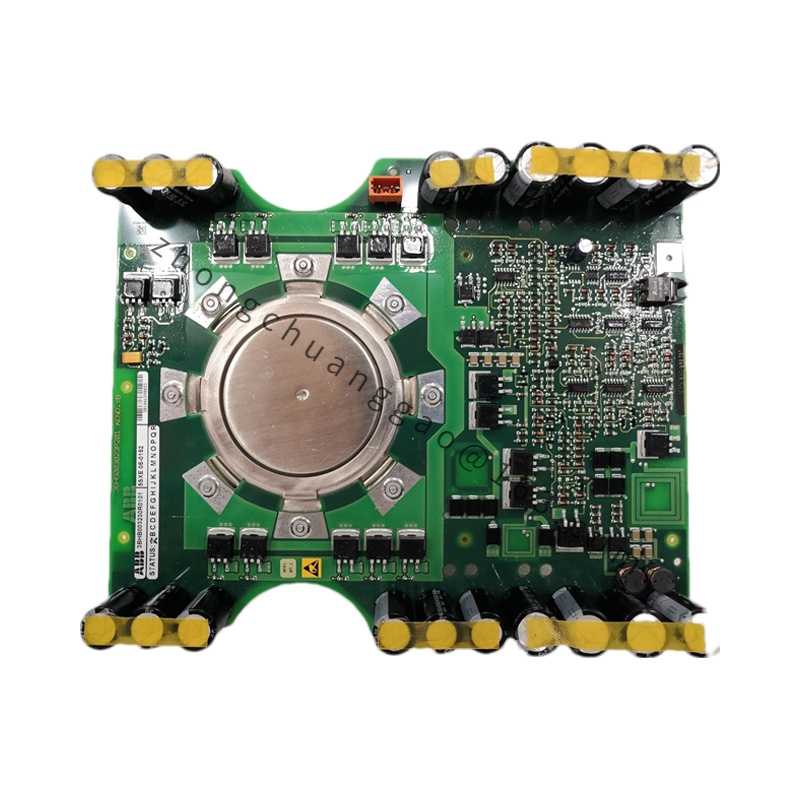
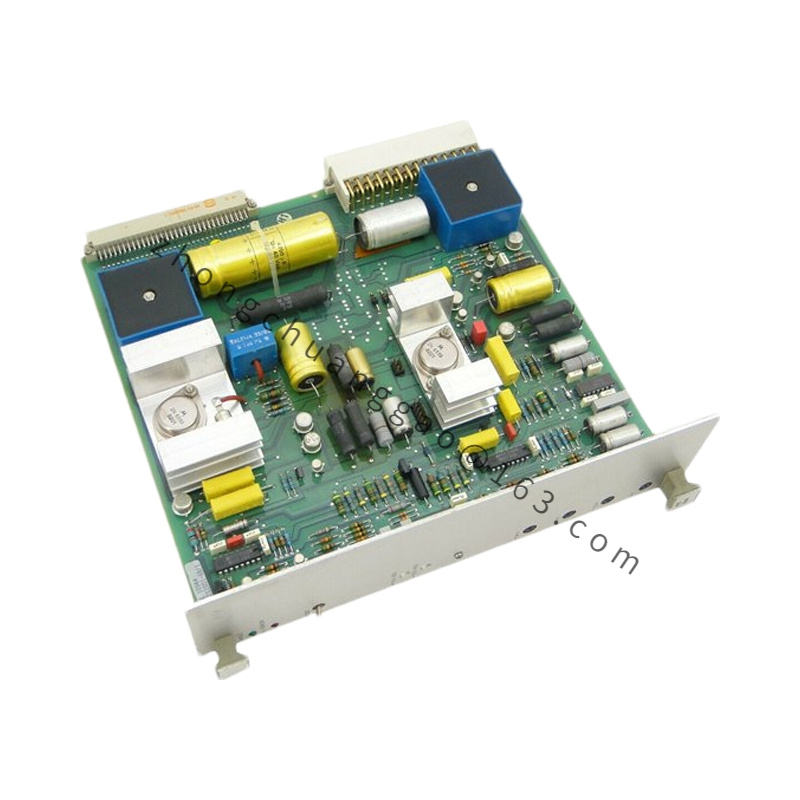

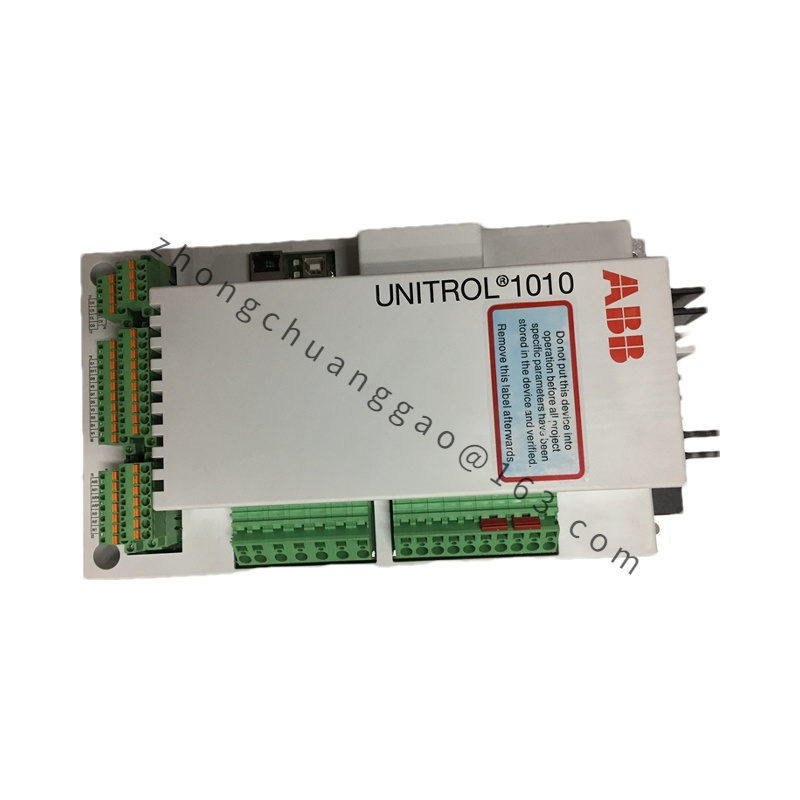
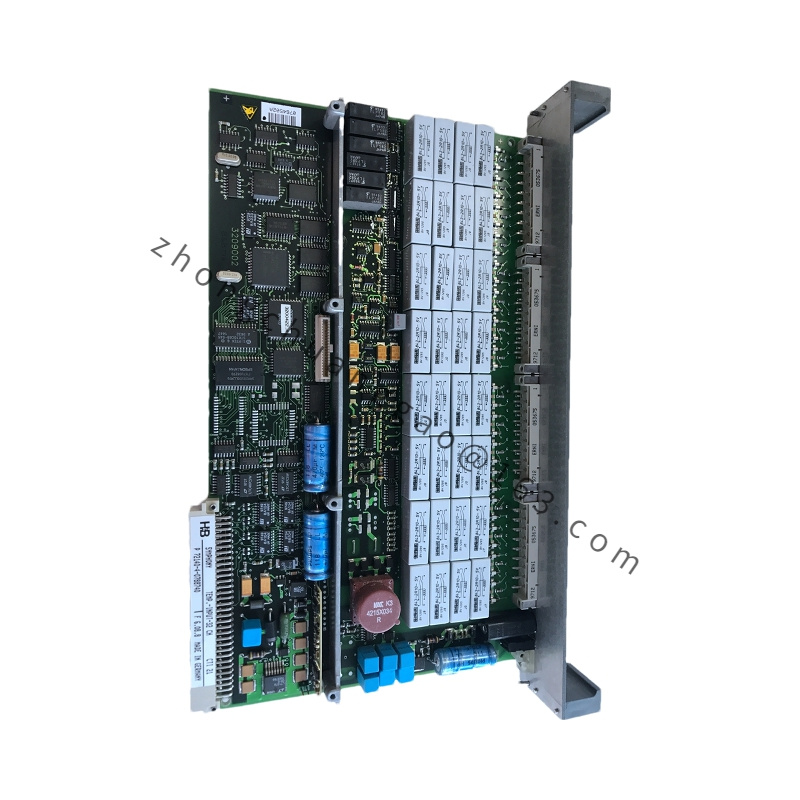
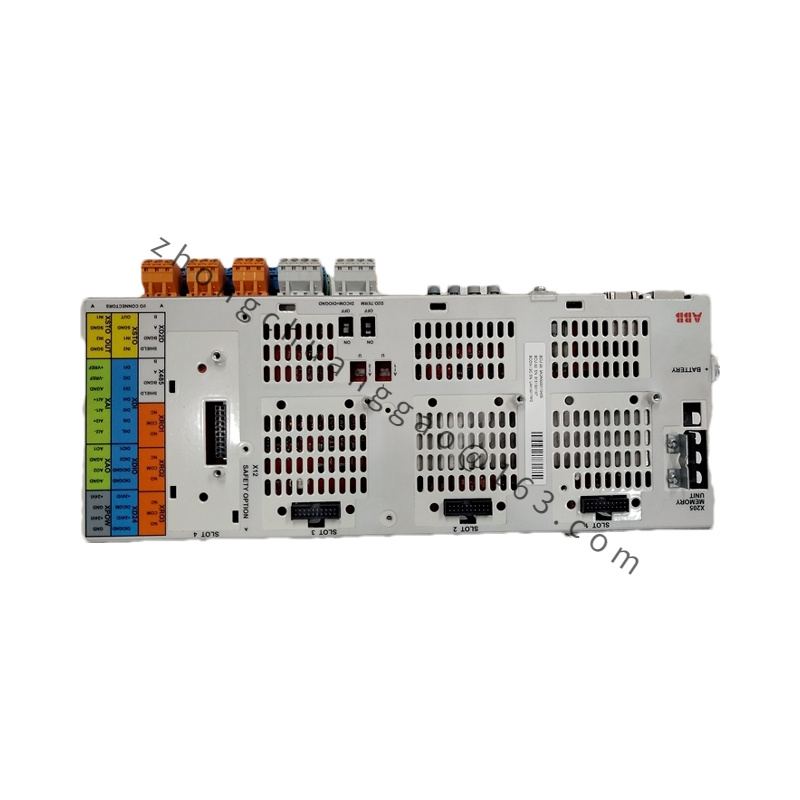
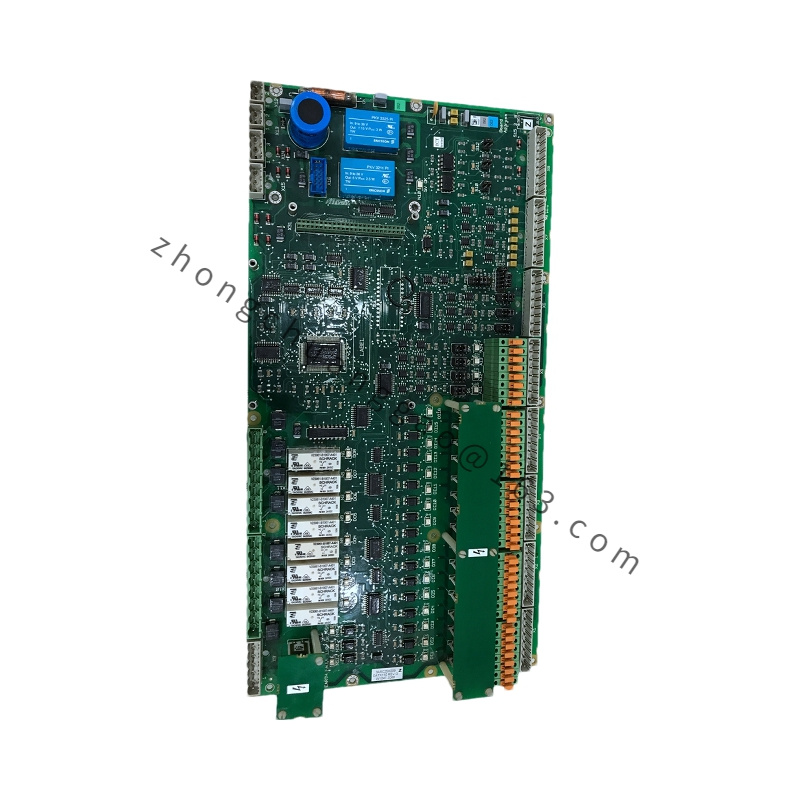
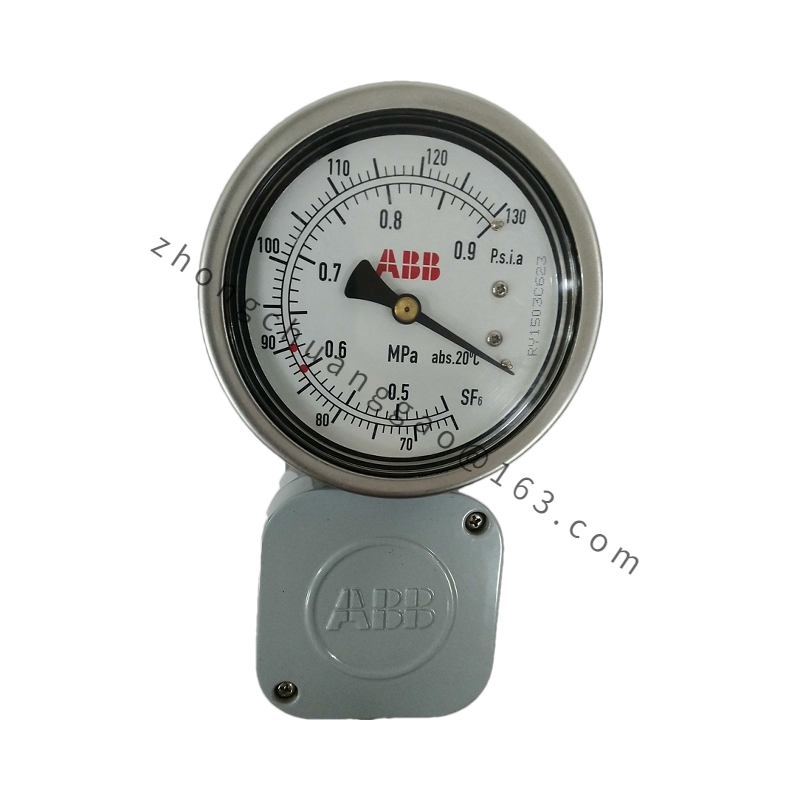
.jpg)